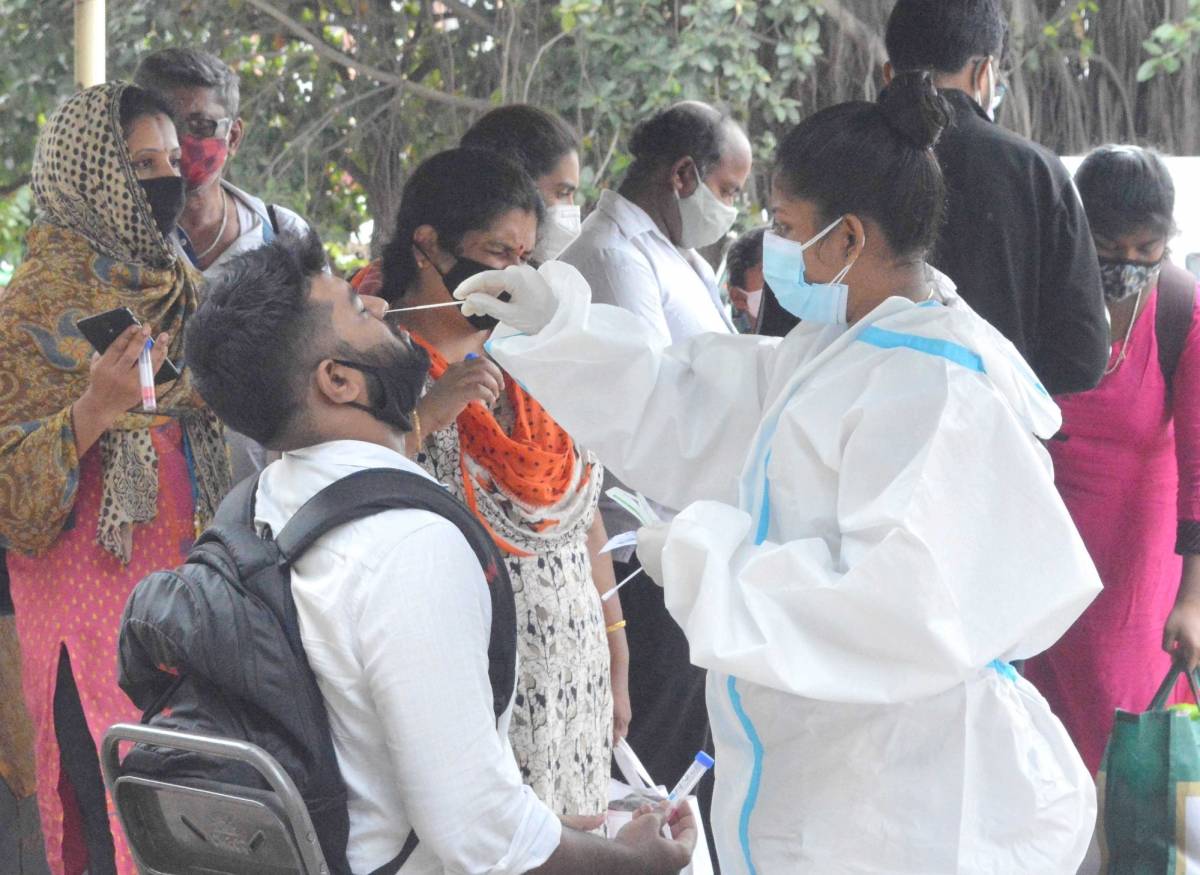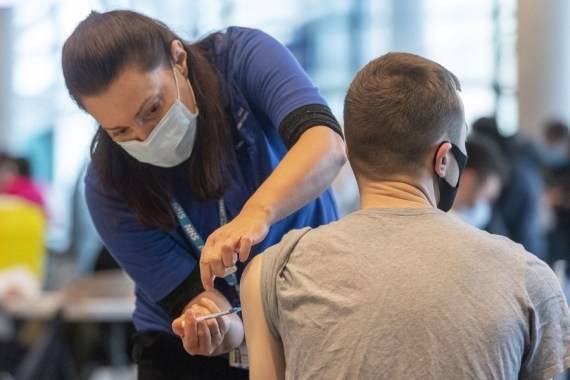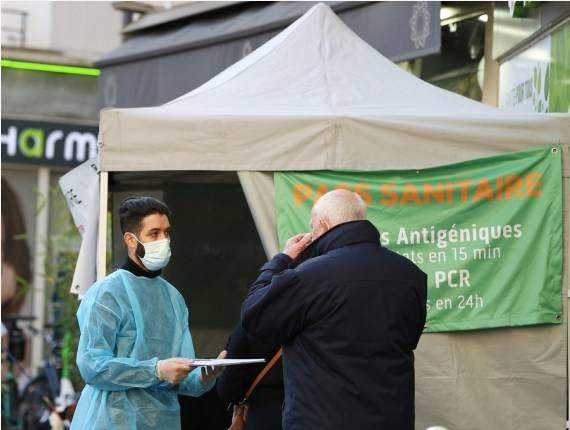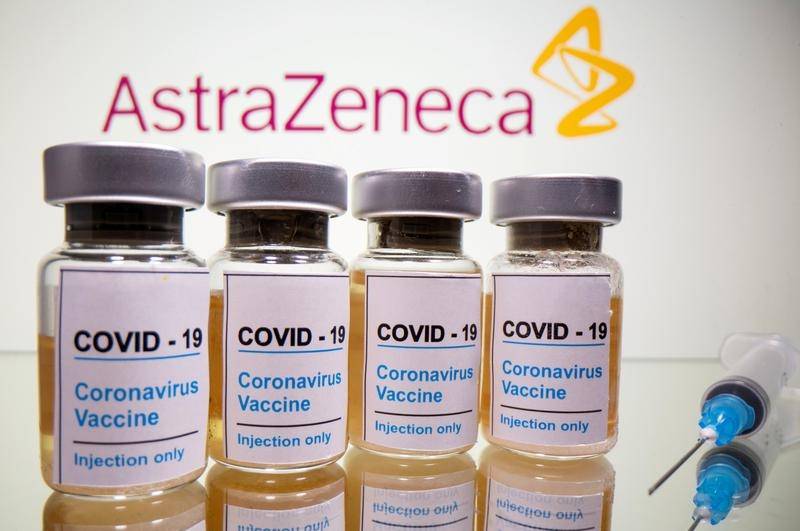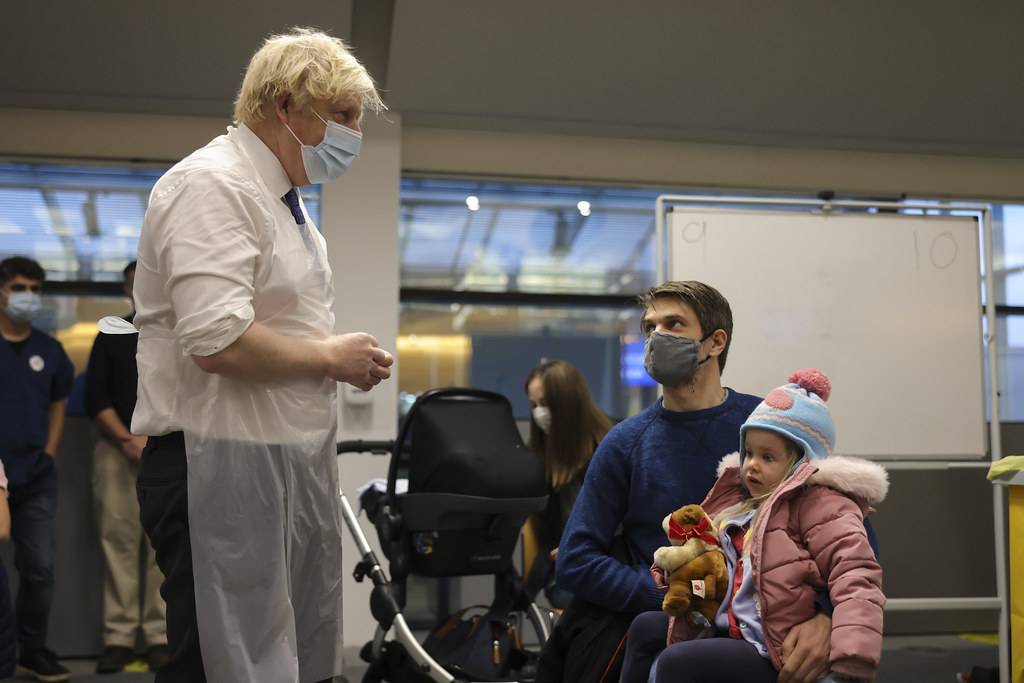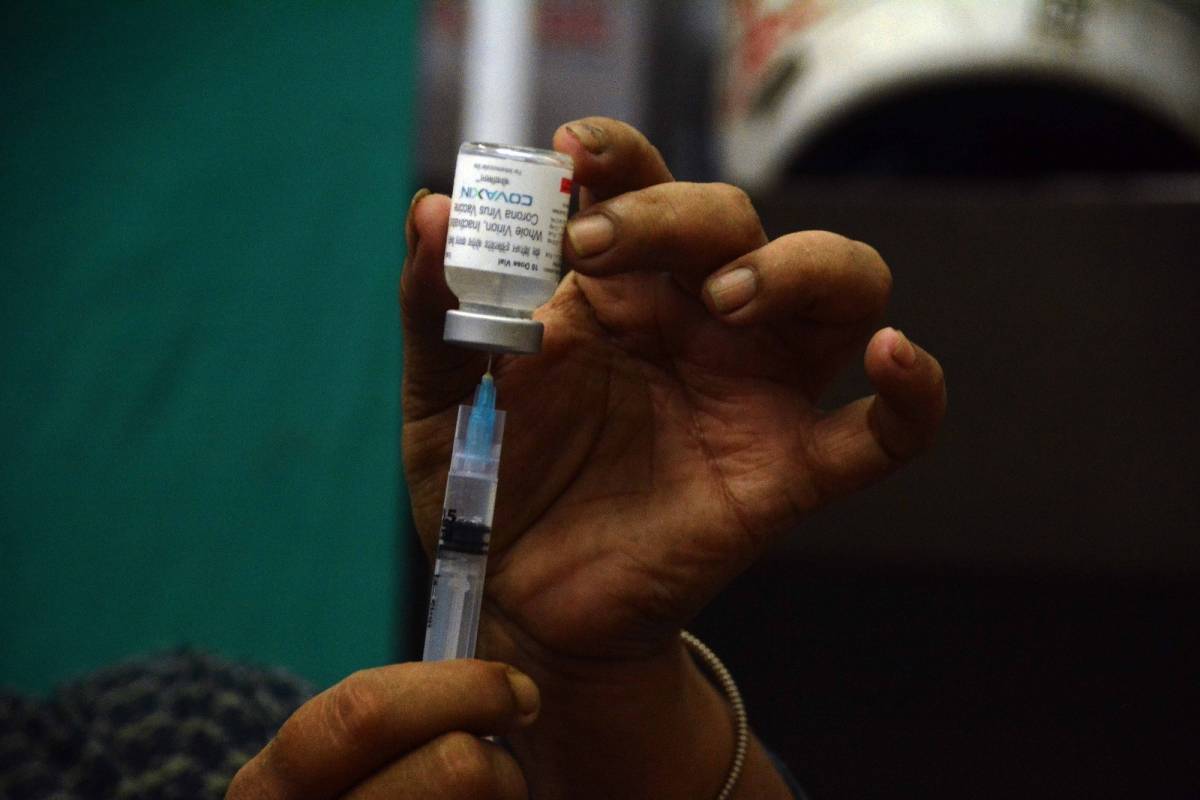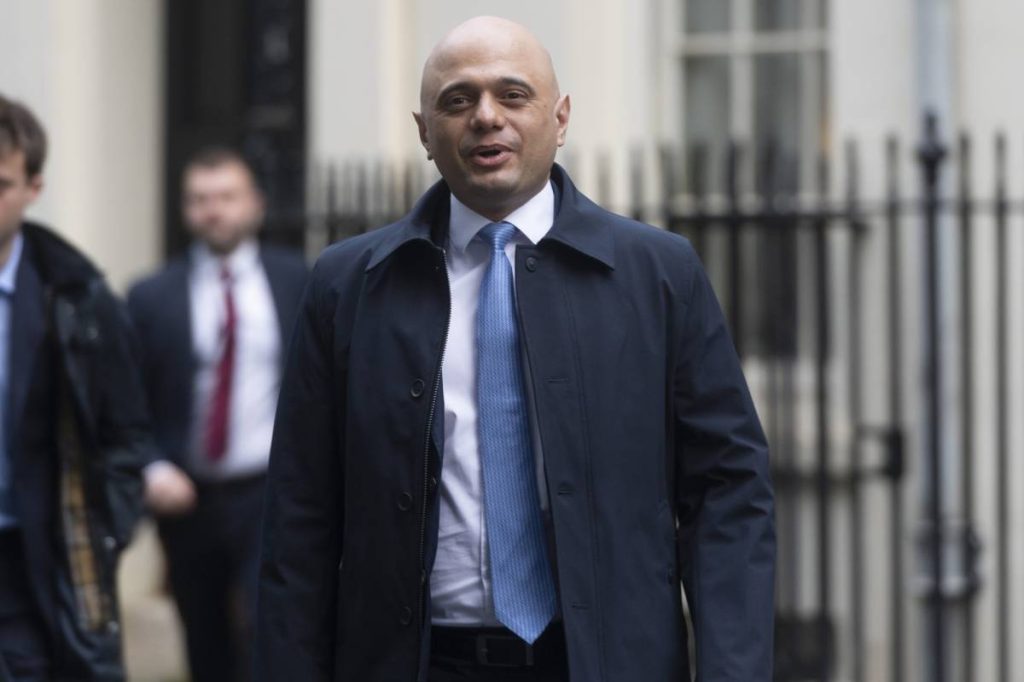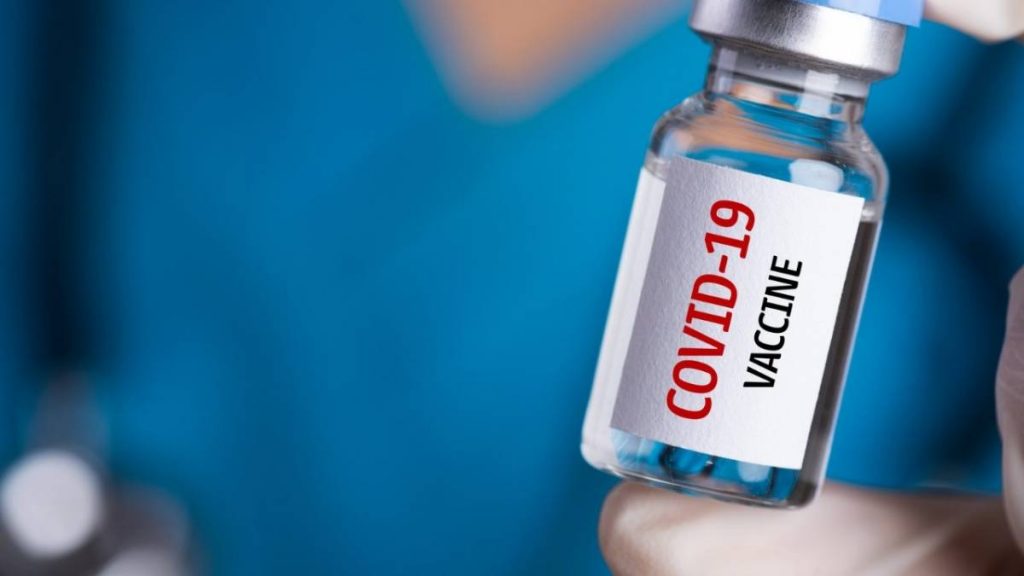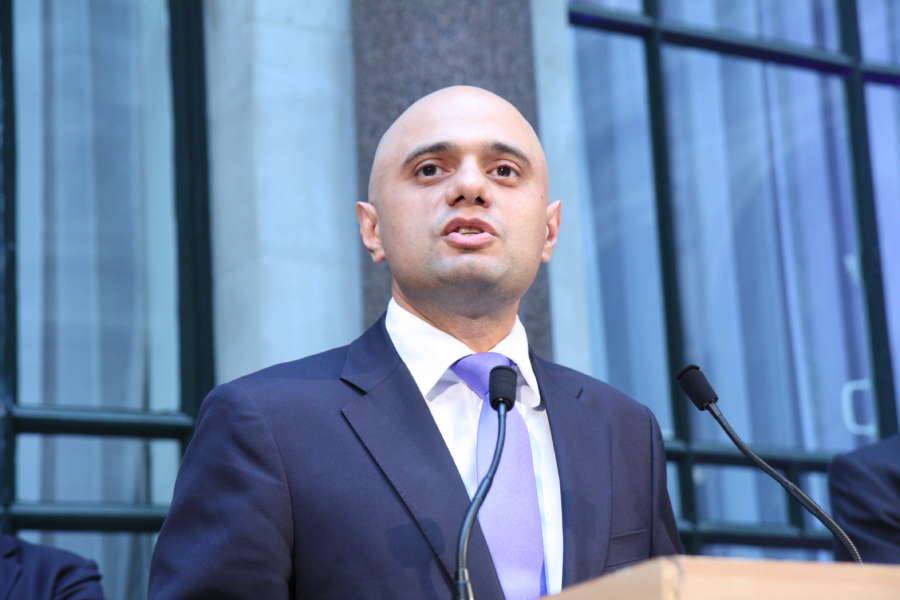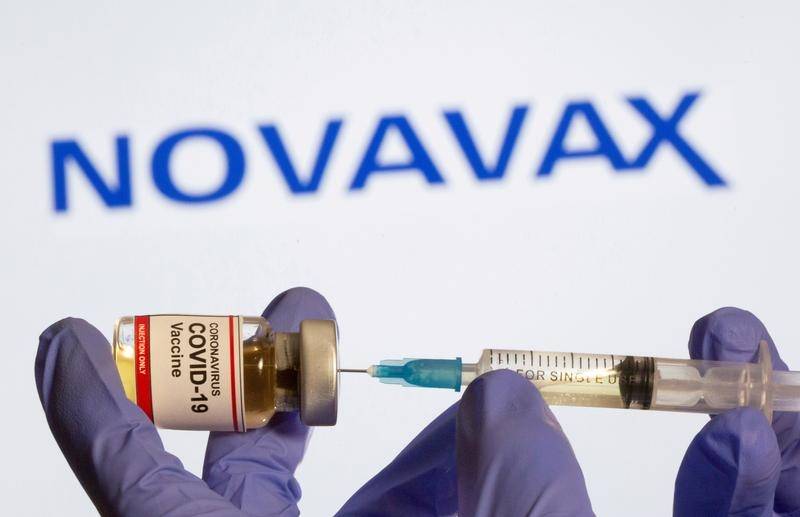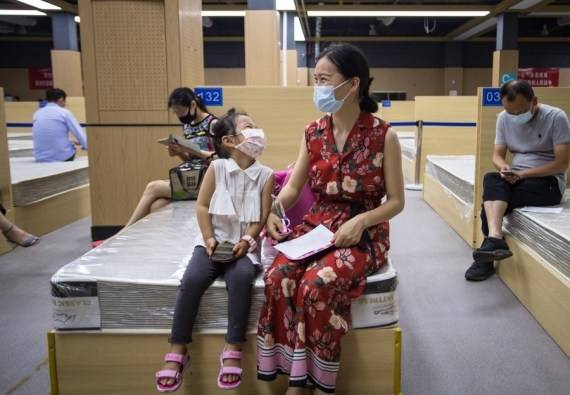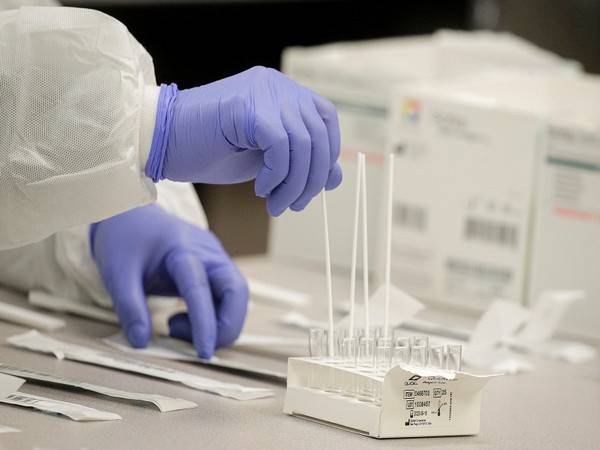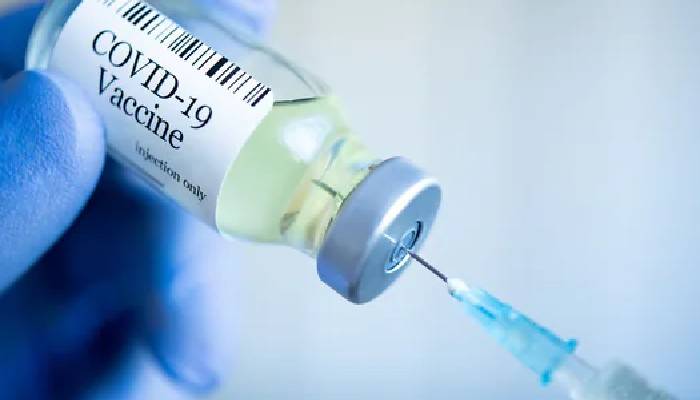India now figures in the list of top five countries in the percentage of its population that has been fully vaccinated, reports Asian Lite News
India has surpassed the US in terms of the percentage of its total adult population that has been fully vaccinated against Covid-19. While India has given both doses of the vaccine to 65% of its adults, the US has covered only 61.5% of its adult citizens, according to data compiled by the Union Health Ministry.
Spain has emerged as the leading country in the world has covered 81% of its population with both doses, followed by France with 73.2% while the UK has fully vaccinated 69.5% of its population.
India now figures in the list of top five countries in the percentage of its population that has been fully vaccinated.
In case of the first dose coverage, India has covered 90% of its eligible population, US has covered only 73.2% of the population, the UK has covered 75.9% of its population, France has covered 78.3% of its population, and Spain has covered 84.7% of its population, according to the Health Ministry data.
“Further, over 11 states/UTs in India have already achieved 100% of 1st dose vaccination, while 3 States/UTs have already achieved 100% full vaccination against COVID-19. Many States/UTs are soon expected to achieve 100% vaccination very quickly,” the Health Ministry said.
A nationwide Covid-19 vaccination campaign Har Ghar Dastak campaign was implemented from 3rd Nov 2021 which includes mobilization, awareness, vaccination campaign through reaching out to all missed out and dropped out eligible beneficiaries through house-to-house visits. This has also resulted in an increase of 1st dose coverage by 11.6% since the introduction of the campaign. While the second dose coverage increased by 28.9% in the same period, the statement added.
Vaccination of children aged between 15 and 18 begins
Amid concerns over the new, highly transmissible Omicron variant of SARS-CoV-2, India began vaccinating the 15 to 18-year-old age group against the coronavirus disease (Covid-19) today. It is, however, to be noted that only Bharat Biotech’s indigenously-made shot ‘Covaxin’ will be used for vaccinating this age bracket. According to a note sent by the Union health ministry to all states and Union territories, additional doses of Covaxin will be sent to the states for administering the vaccine to this population category.
The government’s decision to begin the vaccination drive in this regard was announced by Prime Minister Narendra Modi on Christmas Day last December. It was said that while vaccination for the age bracket of 15-18 will begin from January 3, 2022, the administration of a precautionary third dose (booster shot) for vulnerable categories of people will begin from January 10.
According to an official release by the Union health ministry, those people with the birth year of 2007 or before will be eligible for vaccination under the category of 15 to 18 year-olds.
States have been asked to ensure there are separate queues and vaccination teams for the 15-18 age group to avoid confusion with the vaccination process of all adults.
Potential beneficiaries began registering themselves on the Co-WIN portal from January 1; however, there is also the option of walk-in registration (albeit limited) at multiple vaccination centers when the immunisation drive begins today.
While most existing vaccination centers shall have separate queues beginning today, states have also been informed that they have the option to dedicate a few Covid Vaccination Centres (CVCs) as ‘dedicated CVC’ exclusively for the 15-18-year-olds. The same shall also reflect on the Co-WIN app to ensure that there is no confusion in administering the vaccines to the different age groups.
The states have also been advised to ensure the orientation of vaccinators and vaccination team members for the immunisation of 15-18 year-olds and the identification of dedicated session sites for the same. The states were further exhorted to undertake proper planning in advance for the distribution of Covaxin to identified session sites.
Paramilitary forces prepare for third wave
Amid rising number of Covid-19 cases, fuelled by its Omicron variant, the Central Armed Police Forces are stocking required medicines like Remdesivir, as well oxygen supplies and reactivating the dedicated Covid care centres, including the world’s largest makeshift Covid hospital in south Delhi.
The move came as the alarm bell rang among the various paramilitary forces after 19 coronavirus cases were detected in them.
According to the latest data, the Border Security Force (BSF) has reported nine cases, followed by five in the Central Reserve Police Force (CRPF), three in the Central Industrial Security Force (CISF), and two in the Sashatra Seema Bal (SSB).
No new cases have been reported in the Indo-Tibetan Border Police (ITBP), the National Disaster Response Force (NDRF), and the National Security Guard (NSG).
The data also said that 148 active Covid cases have been reported in the CAPFs as of now, comprising 46 in the BSF, 44 in the CISF, 42 in the CRPF, eight in the SSB, five in the ITBP, two in the NSG and one in NDRF and two in NSG.

A total of 88,642 security men in CAPFs have been infected since the advent of the pandemic whereas 88,146 personnel have been recovered so far. The death toll has gone to 348 since April 2020.
Paramilitary force officials said that amid the rising number of Omicron cases, all the forces have been asked to strictly adhere to Covid-19 protocols in all units and field formations.
The MHA has sought data from all medical directorates of each force regarding the number of beds available, including oxygen beds, commissioning of oxygen supply and medicine stocks at dedicated Covid Health Care Centres across India.
ALSO READ-Vaccines still effective against Omicron: WHO chief scientist

